The Adventure Writers Competition (AWC) spotlights action-adventure novels each year: think high-stakes stories with propulsion and heart. Submissions typically open early in the year, with semi-finalists, finalists, and a Grandmaster winner announced later. The award ceremony is tied to the Clive Cussler Collectors Society gathering.
What winners tend to write:
Past Grandmaster winners and finalists cover a wide swath of adventure:

Naval/techno-thriller: Jeff Edwards’s The Seventh Angel (2008 winner) pits nations against a rogue Russian sub.
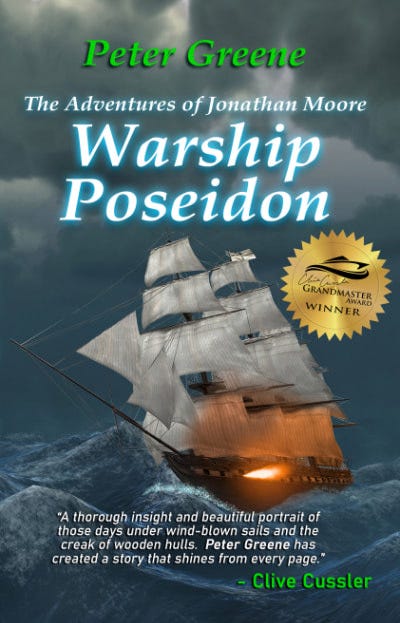
Historical sea adventure (YA crossover): Peter Greene’s Skull Eye Island (2012 winner; later retitled Warship Poseidon) sails with a pressed-into-service midshipman.
Wilderness survival thriller: David Schultz’s Tops (2022 winner) unfolds in the Alaskan backcountry.
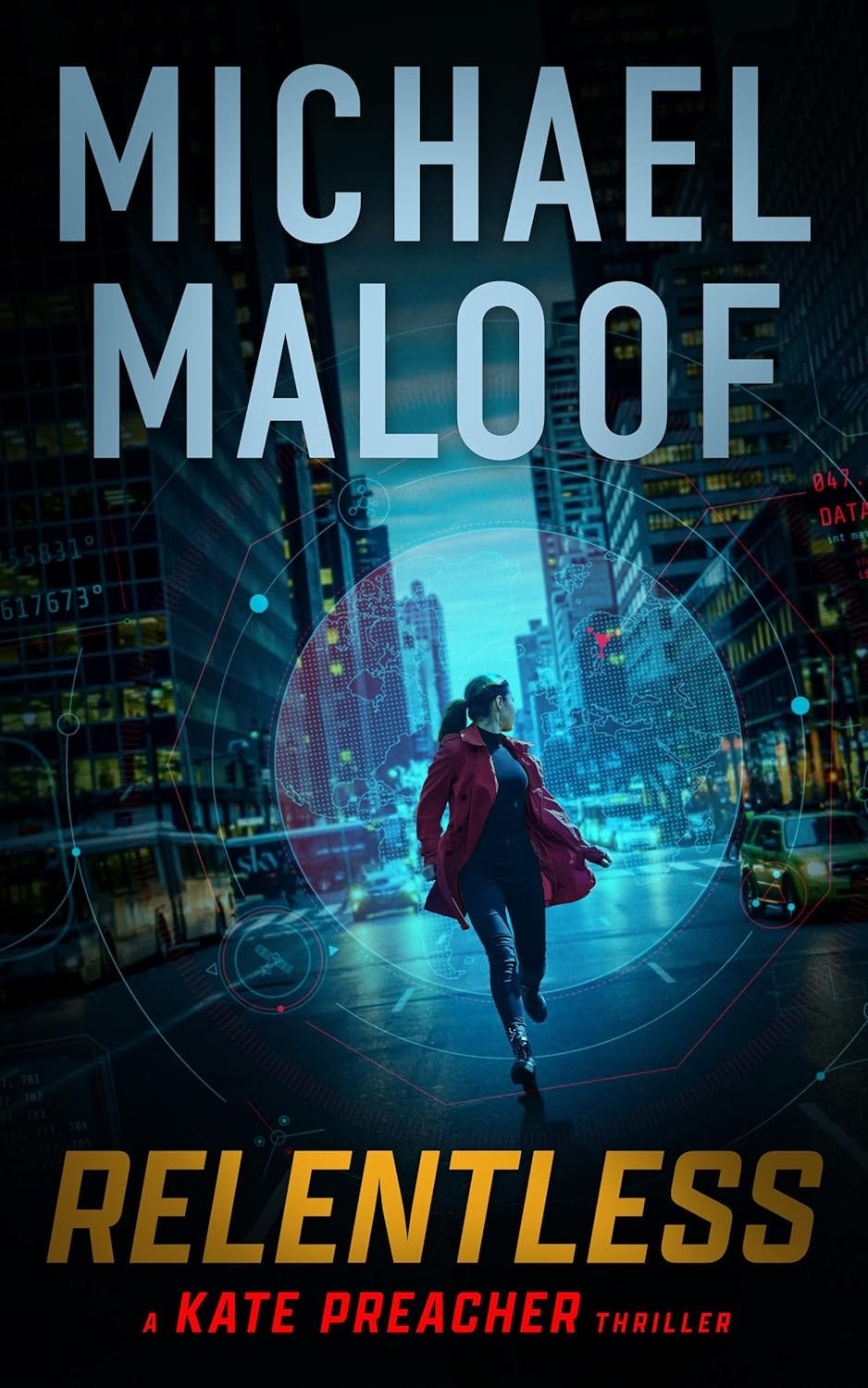
Clive Cussler, the namesake:
Clive Cussler (1931–2020) was a #1 bestselling adventure novelist and underwater explorer who founded NUMA, a real-world nonprofit that has located dozens of shipwrecks. His novels—especially the Dirk Pitt series—hit the NYT list more than 20 times. Notables include Raise the Titanic! (1976), Sahara (1992), and Atlantis Found (1999). He also launched the NUMA Files, Oregon Files, Fargo Adventures, and Isaac Bell series.
Dirk Cussler carrying the legacy:
Clive’s son Dirk Cussler co-authored late-career Dirk Pitt novels and now writes the series solo—his first solo entry was The Devil’s Sea (2021). He also serves as president of NUMA, continuing the exploration work his father loved.
How the final round works:
The contest has featured judges drawn from bestselling authors, prior winners, and members connected to the Cussler community; awards are presented alongside the Clive Cussler Collectors Society events.
Reading starter kit (Cussler classics): Start with Raise the Titanic! Then read Sahara and finish with Atlantis Found (Dirk Pitt). If you prefer spin-offs: The Navigator (NUMA Files), The Kingdom (Fargo Adventures), Devil’s Gate (NUMA Files).
Language Corner: Appositive Commas
Use commas to set off non-essential appositives (extra info you could remove). Skip commas for restrictive appositives (info needed to identify the noun).
Quick test: If you can replace the appositive with “which equals” and the sentence still makes sense—and the meaning doesn’t change—use commas.
Mini-quiz (choose the correctly punctuated sentence):
- A. My only brother, Alex, is the better paddler.
B. My only brother Alex is the better paddler. - A. The novel No Pinprick of Starlight, my work-in-progress, is set in Florida and New York.
B. The novel No Pinprick of Starlight my work-in-progress is set in Florida and New York. - A. Clive Cussler’s hero Dirk Pitt, the salvage diver, loves classic cars.
B. Clive Cussler’s hero Dirk Pitt the salvage diver loves classic cars.
Answers: 1-A “only brother” signals there’s exactly one brother, so Alex is non-essential and must be set off with commas. • 2-A (the WIP note is extra info) • 3-A (the appositive “the salvage diver” is non-essential).
Craft Studio: Putting Tension on Every Page
We tend to picture tension as smoke and sirens: car chases, cliff edges, the moment the door handle turns. But the most dependable form of tension is quieter and closer: an unanswered question the reader has to resolve. Good chapters don’t merely entertain; they compel. And compulsion is built, sentence by sentence, with a few reliable levers you can pull in revision.
Begin with clarity of want. In every scene, the point-of-view character should want something specific right now. Not a life dream, not a vague “to be happy,” but a concrete, measurable desire: Get the map before Dad notices it’s gone. Try writing the want as a seven-word sentence in the margin. When you can name it, you can pressure it.
Next, set an obstacle in the way. Sometimes the wall is a person (an adversary, a well-meaning friend), but just as often it’s a place (a locked gate, a flooding causeway), a belief (“good kids don’t break rules”), or a rule (“no phones at dinner”). Obstacles don’t only block; they shape the path, forcing your character into discovery or error—and either outcome turns the page.
With want and obstacle in place, raise the stakes. Ask, What changes if they fail? Externally, the loss might be obvious: the boat leaves, the clue is destroyed, the sibling stops trusting them. Internally, the cost should cut deeper: the character confirms a private fear (I’m not brave enough; I always ruin things) or risks a cherished identity (good daughter, loyal friend). Readers don’t chase outcomes; they chase consequences.
Add time pressure. Deadlines tighten prose and pulse alike: a bell about to ring, a storm line sprinting across radar, a mother’s footsteps on the stairs. Even a soft clock — a dwindling flashlight battery, a ferry schedule—nudges the scene forward. When time compresses, choices sharpen; when choices sharpen, tension hums.
Tension also thrives in micro-conflict—the subtle friction between allies with misaligned goals. Dialogue between friends is rich territory: one wants reassurance, the other wants a plan. A teacher wants quiet; a student wants the truth. Nobody has to shout. A single “Are you sure?” can tilt the power in a room and make us feel the floor shift.
Then there’s the dissonant detail: a sensory note that doesn’t fit and therefore unsettles. The sky is bright, but the mangroves stand strangely still. The kitchen smells like lemons, and—just underneath—smoke. The boat’s engine purrs; the radio is dead. One discordant image can carry more unease than a paragraph of exposition because it invites a question: Why is that wrong?
Finally, tune your sentence energy to match the scene’s pressure. As tension rises, shorten syntax, trim qualifiers, and let verbs do the work. Long, languid lines suggest safety and time; quick beats signal risk. Read a heated exchange aloud and cut wherever your breath catches. If you stumble, the reader will, too—in the best way.
Put together, these levers form a practical revision lens. Imagine a scene on a Florida dock at dusk. A girl wants to steal the tide chart (clear want). Her grandfather is on the porch with a view of the drawer (obstacle). If she’s caught, she’ll lose his trust—and the night’s chance to search the flats for answers (stakes). The last ferry leaves in ten minutes (time pressure). Her twin texts Don’t do it. Wait for me. (micro-conflict). A loon calls out of season (dissonant detail). The prose tightens: She slips. The drawer whispers. Footsteps. (sentence energy). Nothing explodes, yet everything strains forward.
A quick audit when you’re short on time: Take one chapter and skim for the spine. In the margin, jot the POV want in seven words. Underline a visible obstacle. Circle the sentence that hints at consequence. Mark any clocks, even soft ones. If you find a run of pages without want, obstacle, stakes, or time pressure, add a sharper question or a small complication—a rule that pinches, a truth withheld, a detail that doesn’t belong. Then read a high-tension paragraph aloud and shave the language until it moves like breath in a sprint.
Tension is not noise; it’s need. Give your character something specific to want, make the path costly, and let the clock tick. The result isn’t just excitement—it’s inevitability. The reader turns the page because, by then, they have to.
What I’m Reading
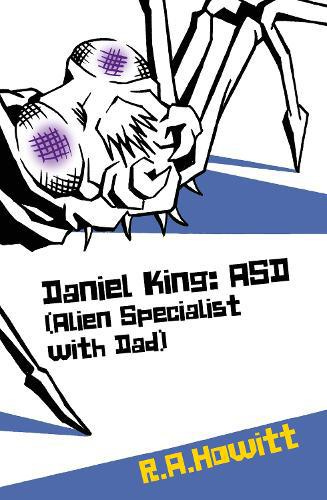
Daniel King: ASD (Alien Specialist with Dad) by R.A. Howitt
MG mystery-adventure (ages 9–12)
Eleven-year-old Daniel, who is autistic, is convinced aliens are already here. After spotting a “giant alien-not-spider” in a supermarket, he refuses to go back to school until he can prove an extraterrestrial cover-up: cue missing politicians, erased CCTV, odd tech, and a man in a dark-blue suit who seems to know everything. Daniel teams up with his dad as an “alien specialist” to untangle what’s really going on.
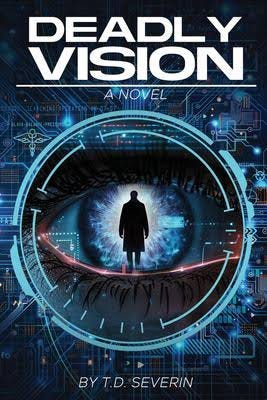
Deadly Vision by T.D. Severin
A near-future medical/political thriller
Dr. Taylor Abrahms pioneers a virtual-reality/AI microsurgery breakthrough: the Virtual Heart Project, just as a bruising presidential race heats up. When powerful interests move to bury the tech, Taylor and his team face sabotage, smear campaigns, and murder as he fights to bring the lifesaving innovation to patients and protect someone he loves.
(2025 Adventure Writers Competition Finalist)
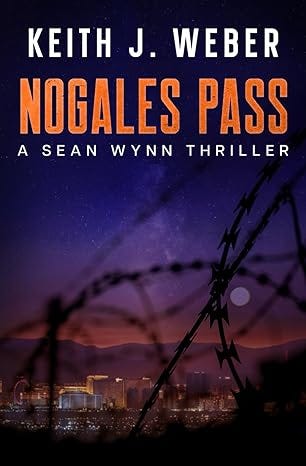
Nogales Pass by Keith J. Weber
Sean Wynn #3, action-thriller
When a woman is murdered and a man is abducted, his captors mailing grisly “proof” to his parents, the kidnappers demand the return of a boy who died seven years ago. U.S. Marshals pull in former operator Sean Wynn after an old flame asks for help and an ex-platoonmate surfaces as the prime suspect, sending Wynn into a fast, twisty hunt where past loyalties collide with a very present threat.
(2025 Adventure Writers Competition Finalist.)
Stay in Touch
Hit reply and tell me your favorite storm scene in literature, or your favorite stretch of Florida shoreline. I read every note.
~ L.S.

